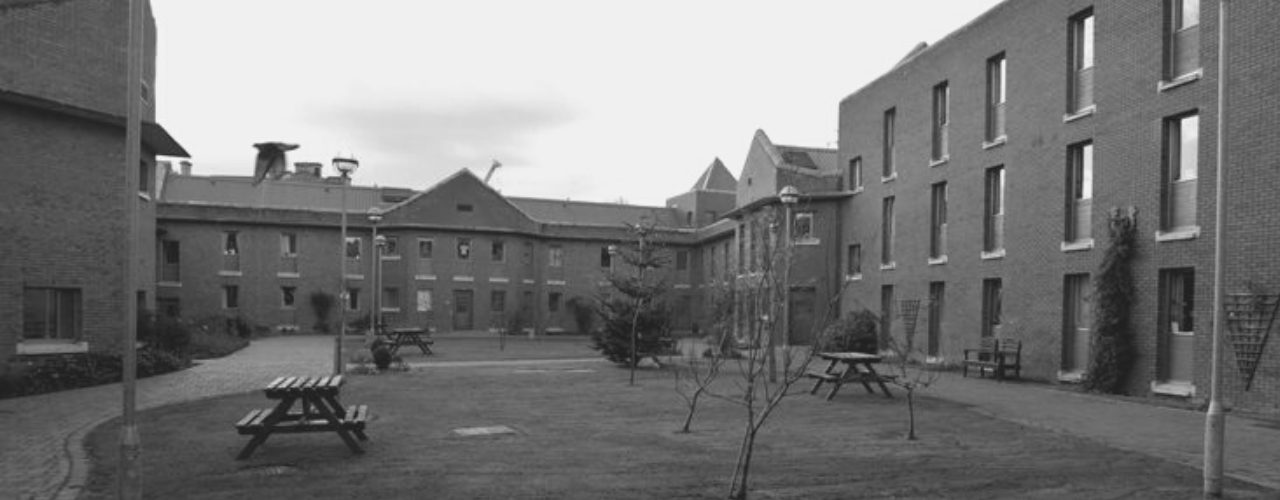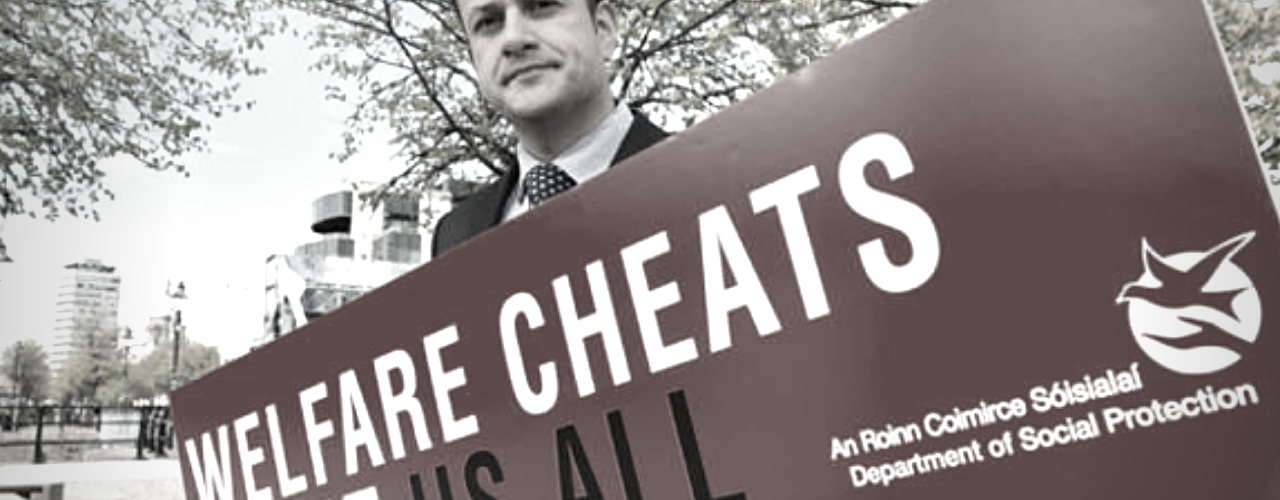
Suspicion and Trust: Housing For All
Policy papers and strategies should not just be taken at face value. They must be read with a critical eye to reveal their hidden meanings or obscured agendas. Their true meaning will emerge via an interpretation in which suspicion plays a crucial role.










